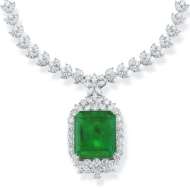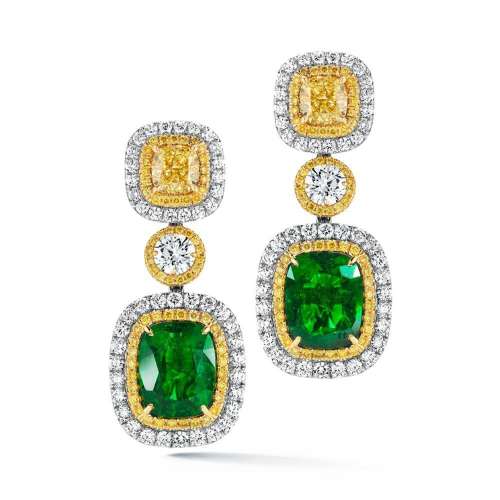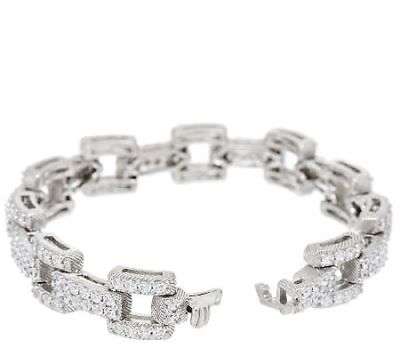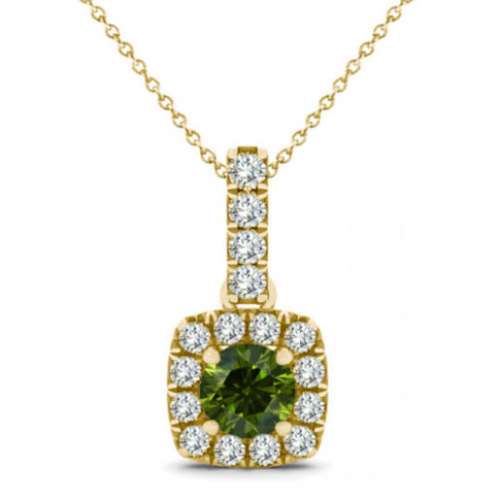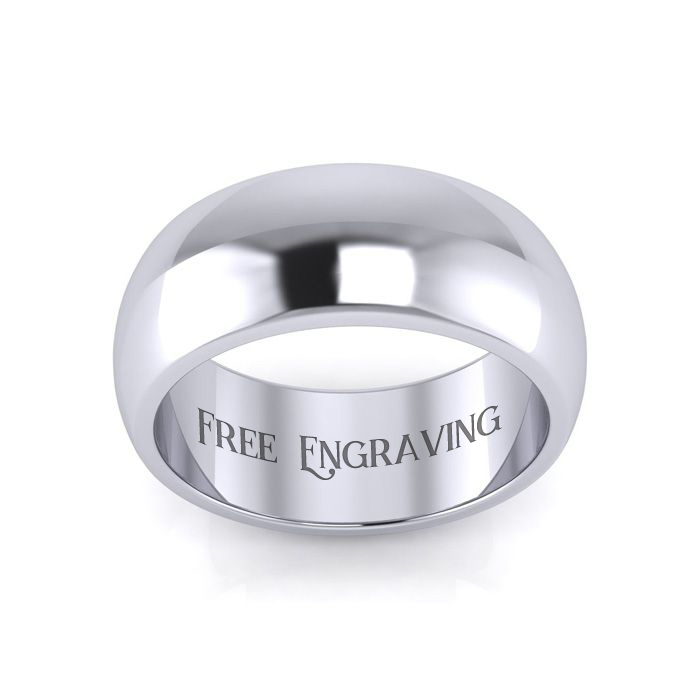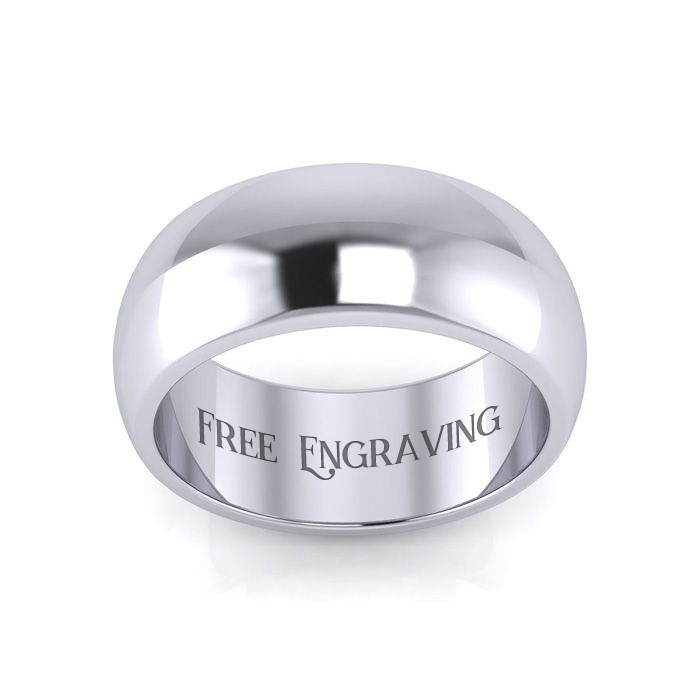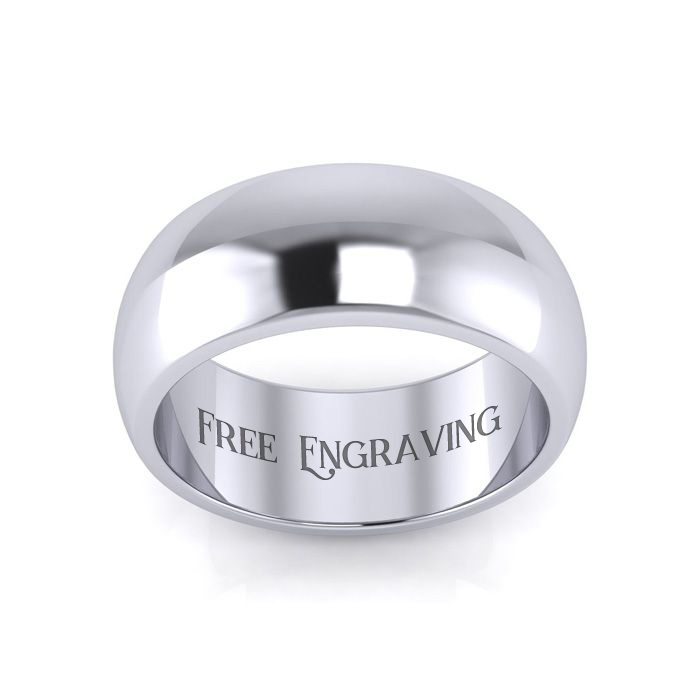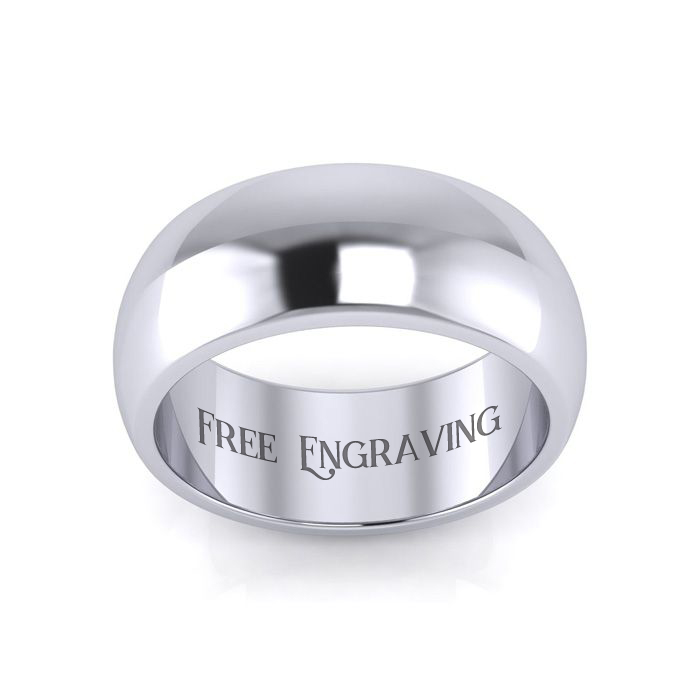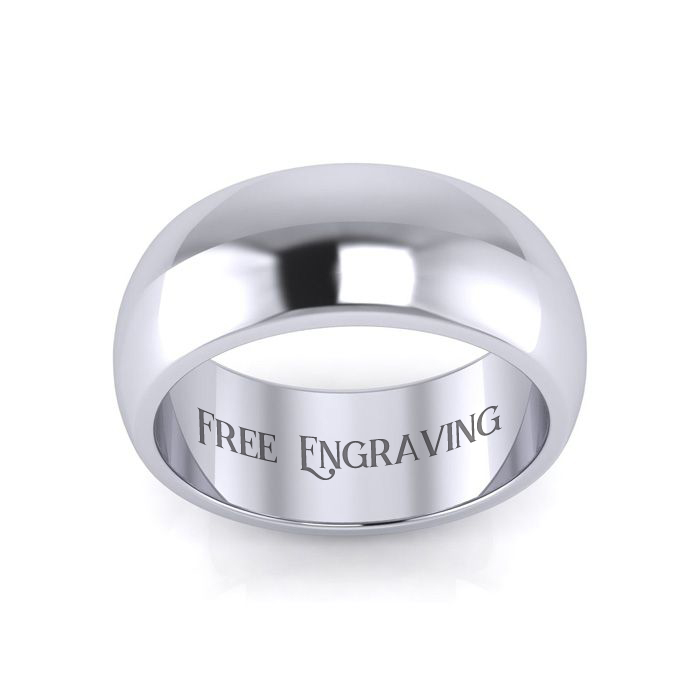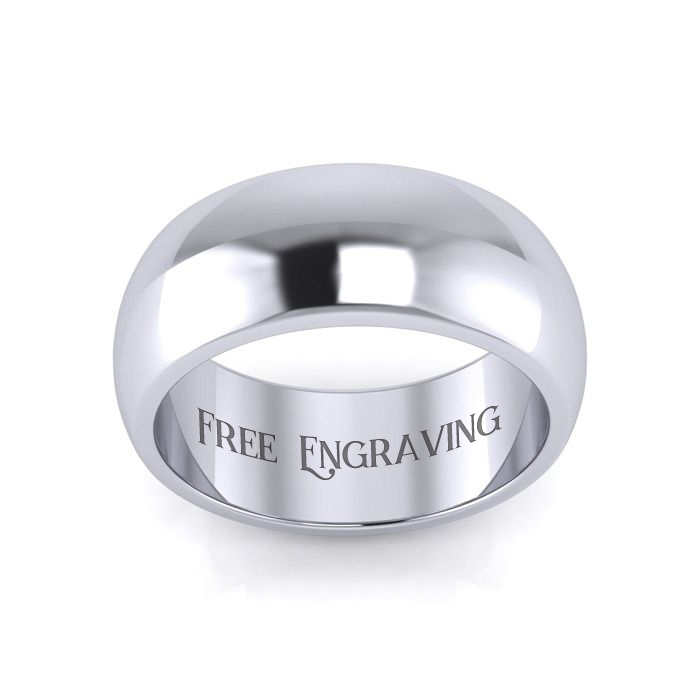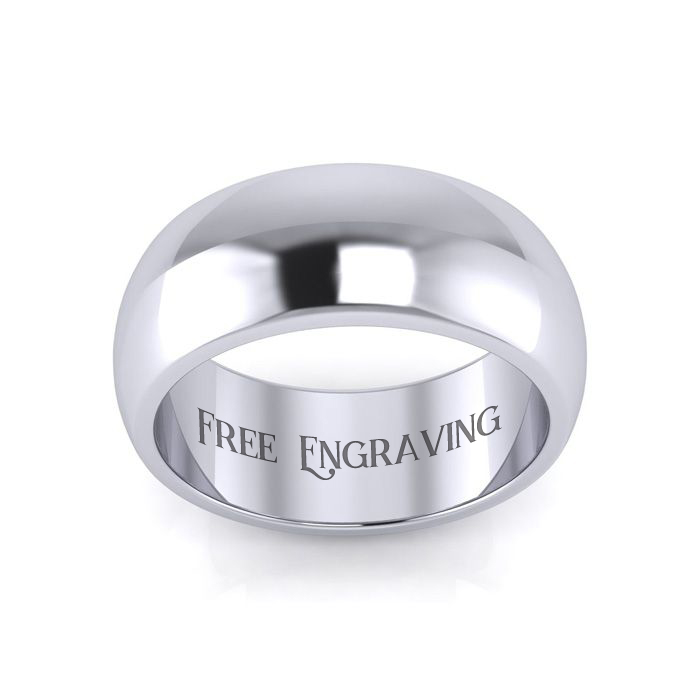
When shopping for a gold wedding band, you want to ensure the ring you’re investing in is authentic, high-quality, and worth its price. With the popularity of gold jewelry, imitations have found their way into the market, so it’s crucial to understand the hallmarks of genuine gold to avoid unwelcome surprises. At Diamond District Block, we believe every customer deserves to be educated and empowered to make informed purchases. Here’s everything you need to know about identifying a genuine gold wedding band.
Understanding Karat and Purity in Gold
One of the first indicators of a genuine gold ring is its karat value. Gold purity is measured in karats, with 24-karat (24K) being pure gold. However, 24K gold is too soft for daily wear, so jewelers often alloy it with other metals to increase durability. The most common karat ratings you’ll find in gold wedding bands are:
- 24K - Pure gold, usually too soft for rings.
- 18K - 75% gold and 25% alloyed metals (such as silver, copper, or palladium), a great blend of purity and durability.
- 14K - 58.3% gold and 41.7% alloyed metals, more durable and commonly used in wedding bands.
- 10K - 41.7% gold, often more affordable, but less prestigious in terms of purity.
If a wedding band is marketed as “gold” without specifying the karat, it’s worth seeking additional information. Lower karat gold (like 10K) may not have the same rich appearance or value as higher karat gold but is still genuine gold. An 18K or 14K wedding band is generally a good balance for those who want something durable yet valuable.
Inspect the Hallmark or Stamp
A hallmark or stamp is typically present on the inside of a genuine gold ring, indicating the gold’s purity. For example:
- 24K or 999 for pure gold.
- 18K or 750 for 75% purity.
- 14K or 585 for 58.3% purity.
- 10K or 417 for 41.7% purity.
These stamps can vary depending on the country or region, so it’s helpful to familiarize yourself with standard purity markers where you’re purchasing. Be cautious with any ring that lacks a hallmark or has an ambiguous mark, as this could signal a lower-quality or imitation product. Some antique pieces might lack a stamp due to age, but professional jewelers can often confirm authenticity.
Conduct a Magnet Test
Gold is a non-magnetic metal, so a simple magnet test can help weed out counterfeit pieces. Take a small, powerful magnet and hold it close to the Affordable Wedding Bands. If the ring is drawn to the magnet, it’s likely not pure gold, as genuine gold will not react. However, the magnet test has limitations: it will only detect ferromagnetic metals like iron or nickel. Some counterfeit rings may pass the magnet test if they contain non-magnetic metals, so this test should be used in conjunction with others.
Acid Testing for Gold Verification
Acid testing is a reliable method for verifying the authenticity of a gold ring. Jewelers commonly use acid kits to determine the purity of gold by scratching the surface and applying a drop of acid. The acid reacts differently depending on the karat value, changing color or even dissolving non-gold metals. This test is highly accurate, though it should only be performed by professionals or with the right precautions if you’re testing at home.
An acid test kit typically includes acids for various karat levels (10K, 14K, 18K, and 22K). By applying each acid to a small scratch on the band, you can see how the metal reacts and narrow down the gold’s purity.
Weight and Density Check
Gold is a dense metal, which means genuine gold rings will feel heavier than most imitation counterparts, especially if they’re made from lower-density metals or alloys. A jeweler can weigh the ring and compare its weight with the expected weight for its size and karat level. Higher-density metals like gold will have a noticeable heft, so pay attention to this when handling the wedding band.
Examine the Color and Surface of the Band
Genuine gold has a distinct color that doesn’t tarnish or fade over time. Pure gold has a rich, warm yellow hue, while lower-karat gold may appear slightly lighter due to the alloyed metals. White and rose Unique Wedding Bands undergo a rhodium plating process to achieve their color, but the gold core remains unchanged. Look closely for any signs of fading, discoloration, or chipped plating. A genuine gold ring will maintain its color for a lifetime, while imitations may start to tarnish or lose their luster.
Consider Professional Jewelry Appraisal
When in doubt, a professional appraisal can help confirm the authenticity and value of a gold wedding band. An experienced jeweler will use various methods, including acid testing, X-ray fluorescence, and density measurements, to determine the karat value and purity. At Diamond District Block, we encourage customers to seek reputable jewelers for appraisals if they’re uncertain about a ring’s authenticity. Appraisers also provide valuable insights into a ring’s craftsmanship, origin, and potential resale value.
Check for Resale Value and Authenticity Documentation
Many high-quality gold wedding bands come with a certificate of authenticity or proof of purchase. These documents usually include information about the ring’s karat, weight, and origin. If you’re purchasing a gold ring from a reputable jeweler, ask for this paperwork, as it adds legitimacy to your purchase and can be valuable for future resale.
Avoid Common Misconceptions About Gold Jewelry
There are some prevalent myths about gold that can be misleading when shopping for a Wedding Bands Sets:
- Gold turns green: Pure gold doesn’t tarnish or turn green. If a ring causes skin discoloration, it could be a sign of a lower karat or alloyed metals like copper.
- Higher price means higher quality: Price doesn’t always reflect quality, as market fluctuations and demand can affect gold prices. Always verify purity rather than relying solely on price as an indicator.
- Gold rings always have a stamp: While most genuine gold rings are stamped, some antique or custom pieces may lack a visible hallmark. In these cases, consider professional testing or certification.
Verifying the Seller's Reputation
The seller's reputation is also an important factor when purchasing a gold wedding band. Established jewelers like Diamond District Block provide guarantees on authenticity, quality, and customer satisfaction. If a seller cannot offer adequate information, certification, or has inconsistent reviews, it may be best to explore other options. At Diamond District Block, we believe in transparency and are always available to answer any questions regarding the gold purity and authenticity of our rings.
Summary: A Checklist for Verifying Gold Wedding Bands
Here’s a quick checklist to ensure you’re purchasing a genuine Mens Wedding Bands:
- Check the karat stamp or hallmark for an indication of purity.
- Conduct a magnet test to rule out ferromagnetic metals.
- Use acid testing if you have the appropriate tools or consult a professional.
- Feel the weight to see if it’s denser than imitation metals.
- Inspect the color for any signs of fading, tarnish, or wear.
- Seek a professional appraisal if you’re uncertain about the ring’s authenticity.
- Request documentation of authenticity and ask for a receipt from reputable sellers.
Why Choose Diamond District Block for Your Gold Wedding Band
At Diamond District Block, we pride ourselves on offering only the finest quality gold wedding bands. Our collection is carefully curated and authenticated by expert jewelers, so you can shop with confidence knowing that each ring is as genuine as it is beautiful. Our commitment to quality and customer satisfaction means that every ring we offer meets our highest standards.
Buying a Wedding Bands For Women is an important investment, and we’re here to ensure you make a choice that symbolizes your commitment in a way that’s as enduring as your love. Visit us at Diamond District Block to explore our selection, ask questions, and find the perfect genuine gold wedding band that stands the test of time.


